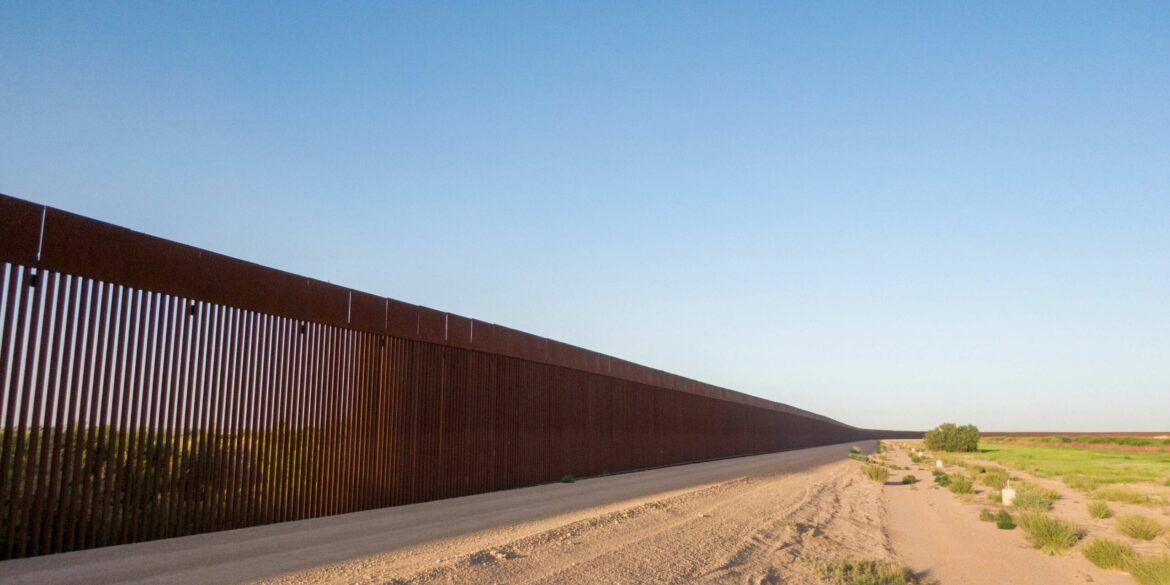On January 22, 2022, the Biden administration faced increasing pressure to address a surge in migrant arrivals at the U.S.-Mexico border. The latest data from Customs and Border Protection (CBP) indicates that the number of migrant encounters has reached levels not seen in over two decades, prompting concerns over the adequacy of current border policies and resources.
The surge in migrant arrivals, particularly in El Paso, Texas, and other border cities, has overwhelmed federal agencies, raising questions about the effectiveness of current immigration policies. The increase in migration has been driven by several factors, including political instability, economic hardship, and natural disasters in Central American countries, as well as the ongoing impacts of the COVID-19 pandemic. Many of the migrants are fleeing violence, poverty, and extreme weather conditions, seeking asylum or better opportunities in the United States.
The Biden administration has faced significant criticism from both sides of the political spectrum regarding its handling of the situation. Republicans have accused the administration of being too lenient on border security and failing to curb illegal immigration, while some Democrats argue that the U.S. is not doing enough to support asylum seekers and treat them humanely.
Secretary of Homeland Security Alejandro Mayorkas addressed the crisis during a visit to the U.S.-Mexico border in late January, where he announced the deployment of additional resources to manage the surge. “The U.S. government is committed to managing the border with fairness and humanity while ensuring the safety and security of the American people,” Mayorkas said. He also emphasized that the administration would continue to focus on expanding legal pathways for migration and improving the asylum process.
However, immigration advocates have expressed frustration with the Biden administration’s reliance on enforcement measures such as the Title 42 policy, which allows for the expulsion of migrants under the guise of public health concerns related to COVID-19. Critics argue that the policy disproportionately harms vulnerable migrants and violates their rights to seek asylum under international law. “While we understand the need for security, we cannot ignore the human rights of those seeking refuge,” said Karla Garcia, a spokesperson for the American Civil Liberties Union (ACLU).
On the other hand, border enforcement officers and local governments in border regions are expressing concerns about the strain on local resources. In El Paso, the mayor has called for additional federal support, noting that the city’s infrastructure is being taxed by the number of migrants being processed daily. “We are doing everything we can to support these individuals, but we need additional resources to address the scale of the challenge,” said Mayor Oscar Leeser of El Paso.
As the situation continues to develop, it remains unclear how the Biden administration will address the growing humanitarian and logistical challenges at the border. With mid-term elections looming, the issue of immigration and border security is expected to remain a hot-button issue in U.S. politics throughout the year.


